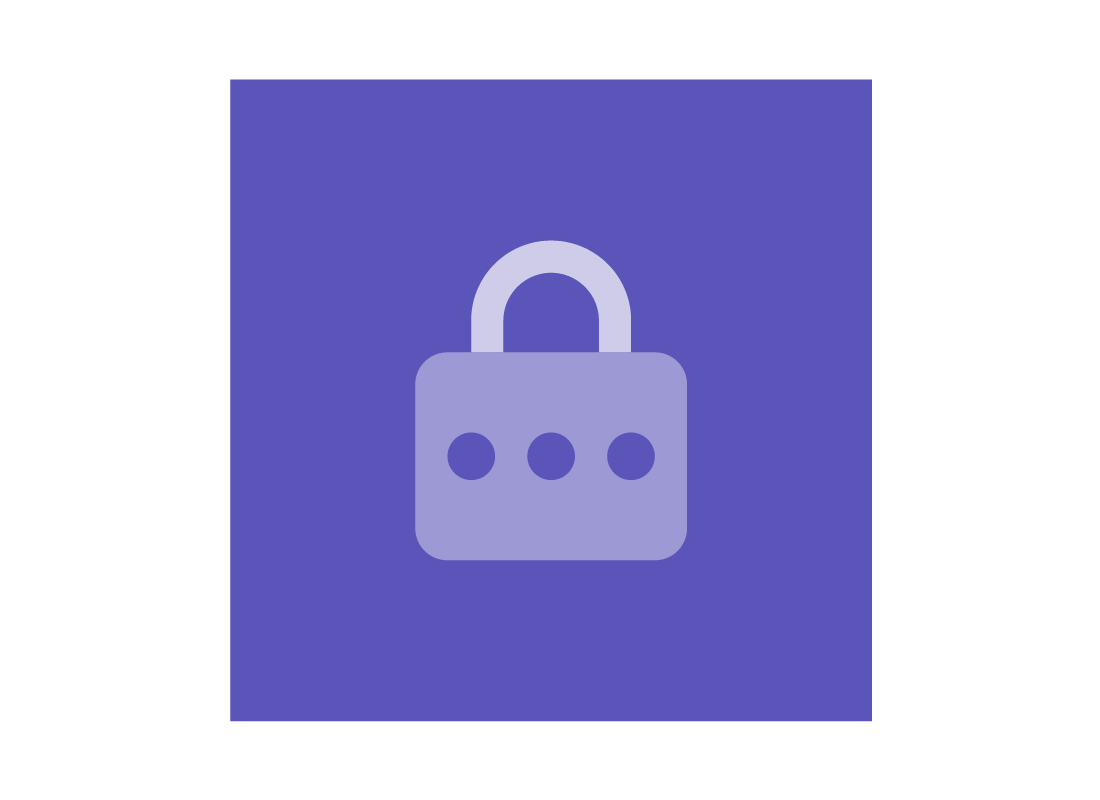How the internet can help
How the internet can help
What's coming up?
In this activity, you’ll learn how the internet can help you research and plan your next holiday. You’ll also find out the things you can use the internet for, when it comes to travelling.
Start activityWhat can the internet do for you?
These days, the internet is a key part of travel. You can use it for almost every aspect of travel, from researching, to booking, to checking itineraries, even for electronic tickets and passports.
Use the internet to get inspired
A great trip starts with an inspired idea. You can use sites such as YouTube to search for videos of destinations and activities, or dip in to Google Earth’s huge collection of virtual tours and photos taken by other users.
Use travel sites to narrow down your options
There are special travel sites dedicated to helping you find the perfect destination, tour, or event. Some examples include Lonely Planet, and TripAdvisor.
After you return from your trip, you can go back to the site and write a short review, post a photo and rank your experience out of five stars for other travellers to see.

eSafety tip
Sites that offer free accounts usually sell your personal details to advertisers and other sites. Always be aware of what details you are giving these sites, and what you are comfortable with sharing.
Use the internet to book and pay
One of the most common uses for the internet, when it comes to travelling, is to book and pay for almost everything. You can use your mobile phone and the internet to pay for:
- Plane tickets
- Accommodation
- Some meals
- Tours and local events
- Travel insurance
- Some medical needs
- And much more!
Find out important information for travelling
The internet is a valuable resource for important information, such as travel advisories, government travel warnings or recommendations, passport information (such as visa requirements), and medical alerts.
Government websites are usually the most up-to-date source for this information, which can change quickly as events or situations unfold.
You can find out more about the Australian government’s Smart Traveller web page in the Getting ready to travel safely course.
Keep important travel documents online
You can use your mobile device or your cloud storage to store digital copies of important documents. You can access these at any time, using the internet and your device.
These documents might include:
- your itinerary
- contact details for your travel agent
- your medical information
- information on your travel insurance policy
- boarding passes and other transport tickets.
Sharing your trip as you go
You can use social media sites and your cloud storage to share photos and notes about your trip, even while you’re still travelling!
If you take a photo on your mobile phone, you can upload it to the cloud and share it instantly with friends and family back home.

eSafety tip
It’s often a good idea to only share photos of your travels on social media once you’re back home. Sharing photos while you’re away alerts others that your house is vacant.
Use the internet to get around
Your mobile device and its data connection can help you get around at your destination. You can use an app such as Google Maps to navigate in a foreign city, and also see recommendations of places to visit or things to see and do. There are also translation apps that allow you to instantly translate foreign languages and signage on your mobile device.
Well done!
This is the end of the How the internet can help activity. You’ve learned about some of the things you can use the internet for on your next trip.
Coming up next, let’s start exploring these things in more detail, with the Getting inspired activity.